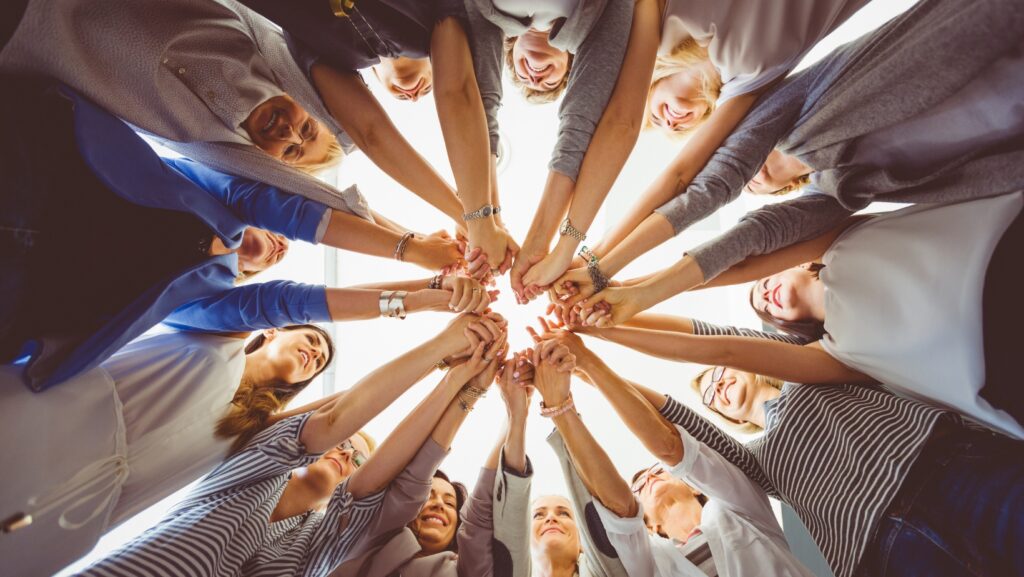Gender inequality continues to be a significant issue in India, affecting various aspects of women’s lives, including education, employment, healthcare, and societal status. To address this challenge and promote women’s empowerment, a multitude of NGO in India are actively engaged in creating change.
These NGOs are at the forefront of reshaping societal norms, providing educational and economic opportunities, and establishing safe spaces for women. In this article, we will delve into how these organizations are contributing to women’s empowerment and advancing gender equality across the country.
Education for Empowerment:
NGOs recognize that education is a potent catalyst for empowering women. They work relentlessly to ensure that girls and women have equal access to quality education. By doing so, they equip women with the knowledge, skills, and confidence to challenge traditional roles and make meaningful contributions to society. Education not only opens doors to better employment opportunities but also enables women to participate actively in decision-making processes.

Economic Opportunities:
Empowerment is closely linked to economic independence, and an NGO in India are aware of its transformative potential. They offer a range of programs, from vocational training to entrepreneurship development, aimed at helping women achieve financial self-sufficiency.
This economic empowerment not only enhances women’s agency and autonomy but also challenges deeply ingrained gender stereotypes. As women gain economic independence, they are better equipped to take control of their lives and make decisions that benefit both themselves and their families.
Reshaping Societal Attitudes:
Many NGOs are actively engaged in reshaping societal attitudes that perpetuate gender inequality. Through workshops, awareness campaigns, and community engagement initiatives, these organizations challenge harmful stereotypes and discriminatory practices.
By fostering conversations around gender roles, consent, and women’s rights, NGOs contribute to a gradual shift in social norms. This shift is vital for fostering an environment where women are respected and valued as equal members of society.

Women’s Health and Well-being:
NGOs recognize the unique health challenges faced by women and address them head-on. From menstrual hygiene to maternal health, these organizations provide information, resources, and support that enable women to make informed decisions about their health. By addressing these health concerns, an NGO in India not only improve women’s physical well-being but also enhance their overall quality of life.
Creating Safe Spaces:
The prevalence of gender-based violence necessitates the creation of safe spaces for women. Many NGOs provide support to survivors of such violence, offering counseling, legal aid, and advocacy services.
By doing so, they empower women to speak out against abuse and seek justice. Moreover, these organizations foster a sense of community and solidarity, helping survivors rebuild their lives with renewed confidence.
Women’s Participation in Decision-making:
An NGO in India’s work is fundamentally based on promoting women’s participation in decision-making processes. Be it in local governance or national politics, they advocate for greater representation of women in leadership positions.
By amplifying women’s voices and perspectives, these organizations contribute to the formulation of more inclusive policies and practices that cater to the diverse needs of society.

Empowerment through Skill-building:
NGOs offer skill development programs that equip women with practical capabilities and self-confidence. These workshops cover a wide range of skills, from basic literacy and numeracy to advanced vocational and technological abilities. By acquiring these skills, women can explore a diverse array of opportunities and assert themselves in various spheres.
Advocating for Policy Change:
Many NGOs engage in advocacy efforts aimed at influencing policies that promote gender equality. They collaborate with governmental bodies and other stakeholders to bring about systemic change. To address the underlying structural barriers to gender equality, advocacy for policy change is essential.
Also Read: How Non-profit Organizations and Charities in India Drive Social Change?
Strengthening Grassroots Movements:
NGOs often operate at the grassroots level, directly engaging with communities to drive change. Through targeted efforts, they work to transform attitudes, behaviors, and norms at the local level. Empowering communities in this manner fosters sustainable progress towards gender equality.
Supporting Women’s Leadership:
An NGO in India plays a vital role in encouraging women to assume leadership roles and positions of influence. These leadership opportunities allow women to shape agendas and priorities, contributing to more balanced and diverse decision-making processes.

Conclusion
In conclusion, an NGO in India are on the frontline in the fight against gender inequality and are instrumental in advancing women’s empowerment. The organizations are making an impact through a variety of strategies, including education, economic opportunities, reshaping attitudes, health support, safe spaces, policy advocacy, grassroots work, and leadership development.
Sankesh Global Foundation is an NGO in India that works to make an impact on society. While challenges persist, the efforts of the Sankesh Foundation are laying the groundwork for a more equitable and inclusive society, where women can fully realize their potential. As India moves forward, the continued dedication of this NGO in India will be pivotal in achieving enduring gender equality and fostering a brighter future for all.

